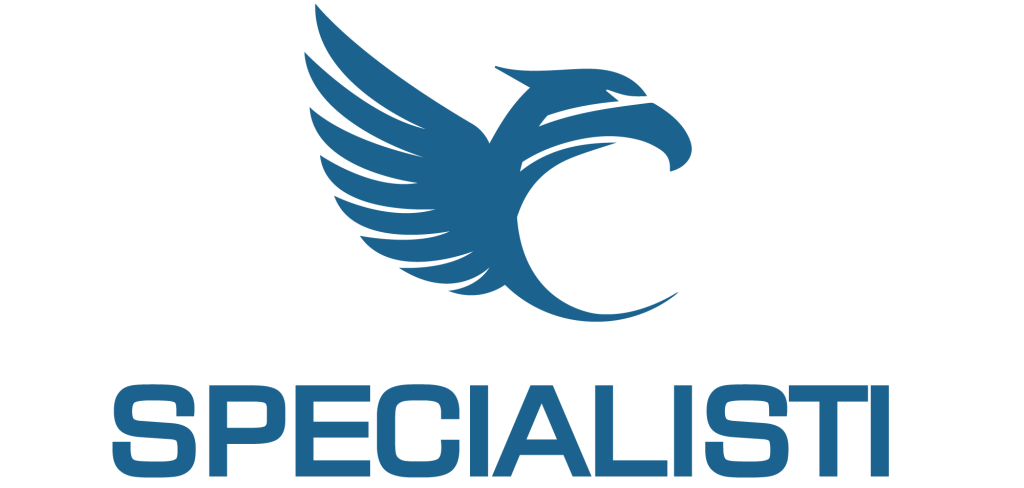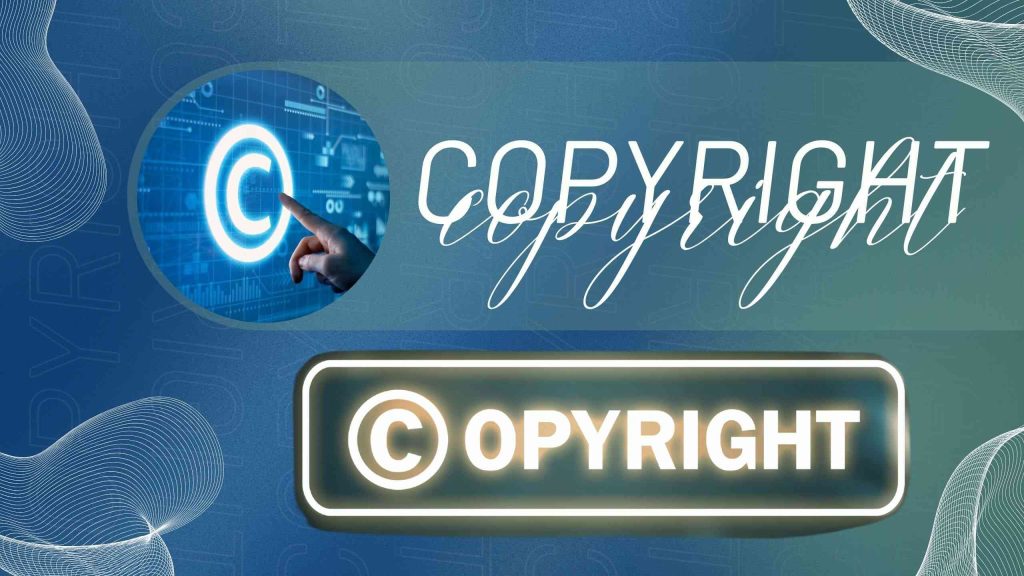Copyright
The best ways to use content and media in relation to copyright are fundamental theories for marketing. Without proper knowledge, you may leave yourself or the brands you represent vulnerable. In this way, you are unprotected against intellectual property theft or legal issues. As for the majority of our readers who are located in Albania, we will refer only to Albanian laws in this article. If you are following us from another country, we recommend seeking a source specifically created for your locality.
How to protect your content with legal rights
Terms & Conditions A good step to legally protect your content online is to add a Terms and Conditions on your page, describing what visitors can and cannot do with the content found there. You wouldn't want others to use your content without your permission or for commercial gain. Describing this information in detailed legal language on your page will help you see if anyone infringes on your copyright. Copyright
Excerpts
One of the worst-case scenarios of content theft is when someone uses your content in a way that careless or illegal. You can protect yourself from the risk of pollution from such misuse by including a page in your Terms and Conditions, disclaiming responsibility for third-party use of the content. Additionally, it is good practice to add such a page to specific content articles, which would be especially prone to causing risks for consumers when taken out of context. Recipes are a prime example. Copyright
Let's say you're a food blogger and you're posting a recipe that contains allergens. In this case, it may be advisable to add a disclaimer in your terms and conditions stating that you will not be responsible for any illness or injury resulting from the republication of your recipe.
Copyright Control for Business Copyright
- Always check the ownership of images and obtain permission before using images on your website, products, or communications.
- Request third-party designers to provide copies of licenses for any image you purchase in their name.
- Keep copies of the permits and licenses from the image owners.
- Make sure you own or have permission to use it before publishing.
- Always ask about the origin of music, photographs, videos, and artwork.
- If the company has obtained permission to use a work on a social media account, make sure that all planned uses (especially any use outside the platform)
- are disclosed to the copyright holder.
- When using a web template that includes images, make sure you have confirmation from the template seller that they have a license to resell this content.
- It is important to understand copyright law for businesses to avoid any unpleasant surprises. Copyright




